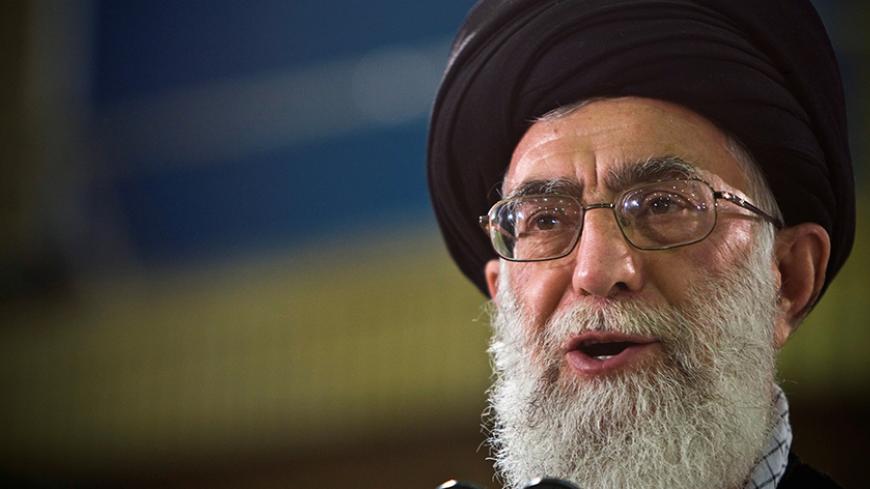With less than 10 days to go before Iranians head to the polls to elect a president and city council members, the supreme leader, Ayatollah Ali Khamenei, cautioned against political unrest.
“The issue of security and calm is very important for the country,” Khamenei said in a May 10 speech to graduates of the Imam Hussein military academy. He encouraged the judiciary, the police force and the Interior Ministry, which oversees elections, in their duty to safeguard the security of the country during the process.



